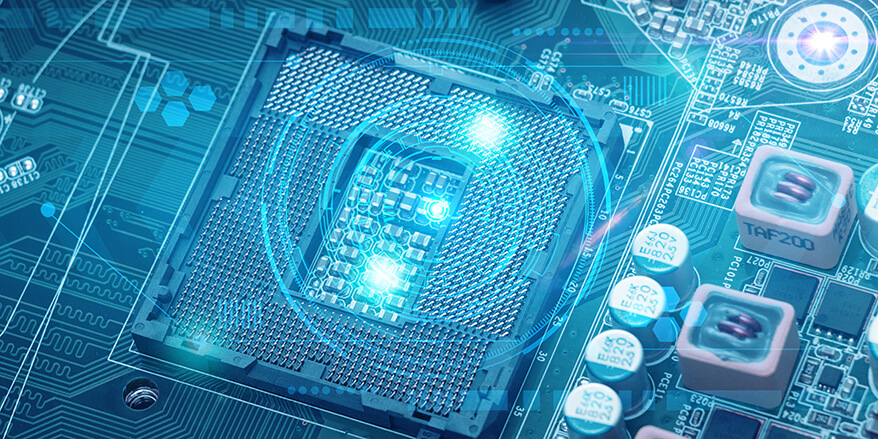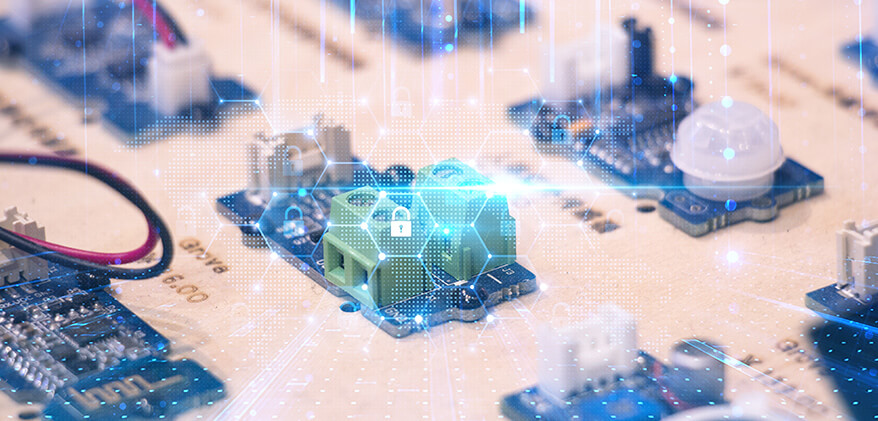Do lithium batteries explode?
Sep 23, 2019 Pageview:1575
Lithium-ion batteries have become an integral component of technological advancement. All the modern devices that we use in our everyday lives are powered by these cells. These include laptops, smartphones, tablets, electric cars, and even airplanes. Indeed, it does seem that one cannot use technology and modern gadgets without lithium batteries. However, now and then, you hear about explosions of the cells which is bound to get you worried. Let us shed some light on whether you should indeed be stressing about the safety of lithium-ion batteries and what you can do to minimize the risk.
Is a lithium-ion battery dangerous?
On the whole, lithium batteries are quite safe. However, if you consider the fact that millions of consumers use these cells, it would hardly surprise you that failures happen occasionally. The makers of these batteries reiterate that on rare occasions, explosions can occur when the microscopic metal particles come into contact with other components of the cell. This results in a short circuit within the battery, causing an explosion.
The manufacturers of lithium batteries strive hard to ensure that the presence of these metallic particles is kept to a minimum. A lot of money is being spent by the semiconductor industry so that some ways could be found via which the particles can be reduced. Despite measures being taken to ensure that high cleanliness is maintained, there is still a risk of particle defects happening in the semiconductor wafers. The count of particles can be reduced but cannot be entirely eliminated.
There is no denying that lithium-ion batteries are quite convenient. They are powerful, light in weight, and also affordable. However, you need to keep in mind that they are also capable of generating excessive amounts of energy, and thus, the risk of explosion and fire is always present. Whenever a large amount of energy is stored in a small area, there is always some danger and risk associated with it.
What causes a lithium-ion battery to explode?
If you want to make sure that you take measures to prevent the explosion of lithium-ion batteries, you need to be aware of the causes.
The feature which makes lithium cells highly effective is also responsible for the risk of explosion. When the energy stored in lithium batteries is released in small amounts, it powers your device. However, when a large amount of energy is released by the cell, an explosion occurs. For instance, you might have heard about a lithium-ion battery catching fire in a Japan Airlines Boeing 787 back in 2013.
The reason for explosions and fires in these cells is most commonly a short circuit within the battery. This occurs owing to the failure of the plastic separator as a result of which the anode and cathode come into contact with each other. This contact leads to overheating of the battery.
The separator can fail owing to a variety of reasons. Perhaps there was a problem with the design of the battery. It could have some kind of manufacturing defect. If the battery is not designed properly, and there is not enough space between the electrodes and separators, it can lead to explosions. Cells might expand a bit when charged, and this causes the electrodes to bend, leading to a short circuit. Quality control is something that needs to be ensured at every level when it comes to the manufacture of these batteries. A well-designed battery can fail as well if it has some defect.
Extreme heat is also a cause of battery explosion. If the battery is left too close to a source of heat, it can explode. Some external factors can be responsible for the explosion as well. For instance, if the phone is dropped too hard multiple times, it can lead to the separator being damaged as a result of which the battery can explode. A short circuit can also occur if the battery is pierced accidentally.
The lithium-ion battery can also be damaged owing to a badly made charger or one that is poorly insulated. The charger might short or generate heat which can cause damage to the battery and cause it to explode. This is the reason that manufacturers stress the importance of using a profound quality of chargers. Lithium-ion batteries are provided with protection against overcharging. However, rarely, these safety measures might fail as a result of which the battery overcharges and ultimately explode.
How to prevent lithium-ion battery from an explosion
It is vital that you take the necessary steps to avoid an explosion of lithium batteries. You would not want to jeopardize your safety or that of your family members. Therefore, it is essential that you do whatever is in your hands to minimize the risks. Let us provide you with some measures that can be of help in this.
For one thing, make sure that the battery is not stored at a high temperature. Avoid keeping the cells in hot vehicles. Refrain from covering your laptop with a blanket and do not put your cellphone in a warm pocket. Lithium-ion batteries can overheat when exposed to a high temperature, which in turn can cause them to explode. Therefore, you need to ensure that they are stored at a suitable temperature at all times.
All the items that contain lithium-ion batteries should not be kept together. This is especially crucial when you are travelling. When on a plane, all the electronic items are usually kept in one bag. This cannot be avoided since you need to have the batteries in your carry-on luggage. However, you need to ensure that some space is kept between the items. The thing is, in case of an accident, if one battery catches fire, the others can explode too, thereby leading to the situation spiraling out of control. Therefore, it is vital that you keep the items at a distance.
It is essential that you do not overcharge your batteries. Lithium-ion batteries do not have a memory effect. Thus, they can be discharged and recharged multiple times. However, they might not respond well to being drained entirely before being recharged. Therefore, make sure that you charge your batteries correctly and with a high-quality charger to avoid any problems.
- Prev Article: Do lithium batteries corrode?
- Next Article: How To Reset The Lithium-Ion Battery
Leave Message
Hottest Categories
-
Hottest Industry News
-
Latest Industry News











